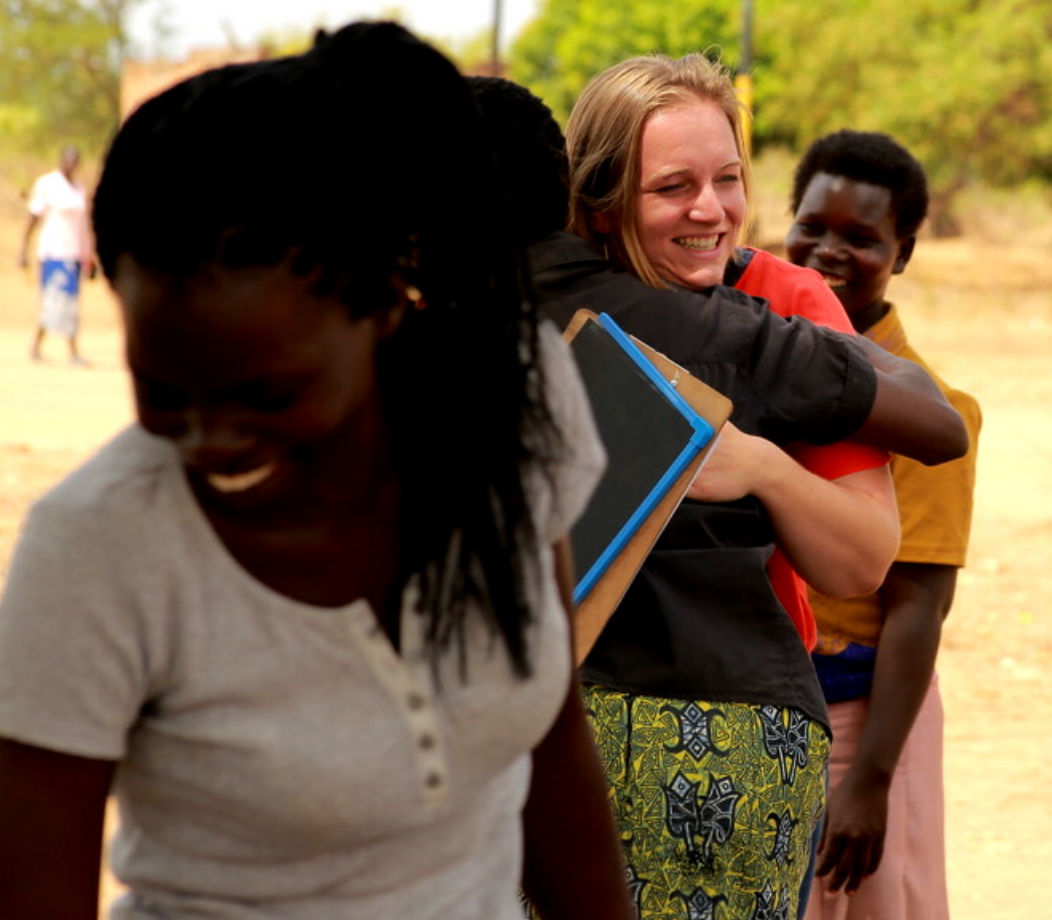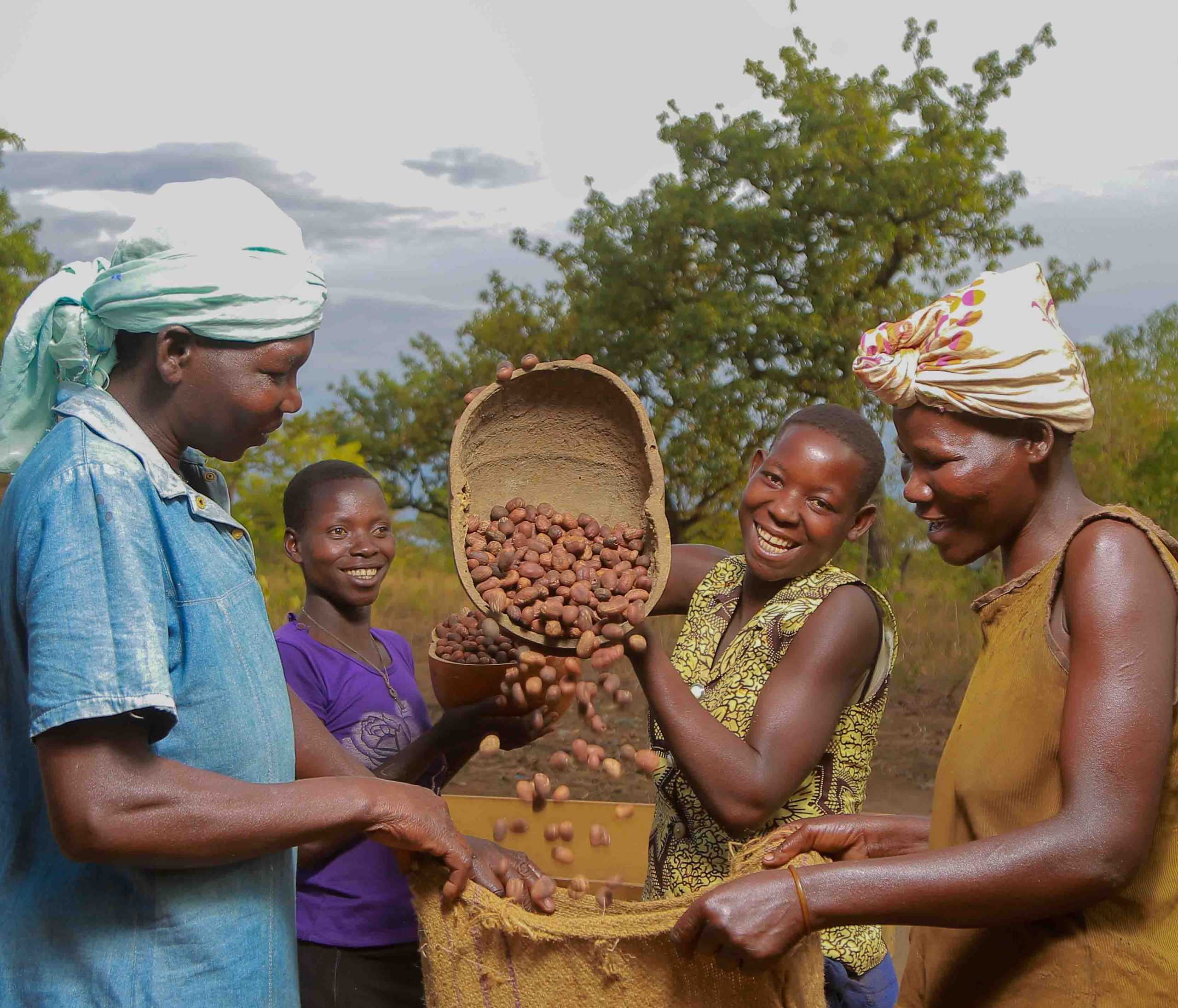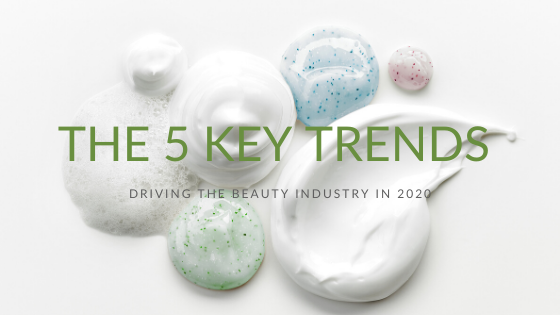Today is a strange day. The world has changed in the past few weeks more than any of us would ever have thought it would. More than ever we feel separated, when we need each other most. So what do you do as a business? How do you deal with that? Just shut your doors and go to sleep? Or do you want to make a positive impact in this challenging situation?
For us at Caïo it has brought us back to the very fundamental why, of why we started. In essence we started the company to make a difference for our women suppliers, and right now the question is: within the current situation with all of the restrictions, all of the warnings, and all of the risks, how do we create a positive impact? Based on our experience we give you 3 simple steps, so that you can also create a positive impact today!
STEP 1: Inventory of your current situation
After much consideration and much discussion with our team and our suppliers we have suspended all of our travel to Northern Uganda. And all team members have been given leave so that they can stay home. This means that we can no longer do the trainings in the way that we used to. It means that we no longer see our suppliers face-to-face for the moment. In the long run this will be a big challenge. Especially when the shea season starts. However we will deal with that when we get there. The most urgent question is what do we do today, to make a positive impact.
So to figure that out we took an inventory of our current situation. What is the framework in which we (have to) operate? What are our current strengths and weaknesses? I believe that every single business and every single person can make an impact by doing what they are good at, and by using the resources that they have at their disposal in a way that benefits their community. Whether you are an accounting firm, or a restaurant or a teacher. So take that as your starting point.
STEP 2. Find out what the people who you want to impact need
For us that consideration looked like this: If you ask anybody where they want to be right now, quite probably you will get the answer that they want to be on a deserted island in the middle of the Pacific Ocean. Social distancing in the extreme; no large busy crowds. A steady dependable supply of free food, and your loved ones near. In many ways that is the situation of our women suppliers in Northern Uganda on a day-to-day basis. They live in remote small villages which are dotted around the forest. The families live together in homesteads and they grow their own food. They are the epitome of self-reliance. Not by choice, but by necessity. Though of course all of the day-to-day challenges and struggles for them still exist, but right now the remoteness and their self-reliance is a strength that could keep them safe. The main thing that they miss, that they always miss, is accurate, reliable, verified information, that allows them to make informed decisions. We know that because they tell us that.
When you do this step, it is easy to make assumptions. However, the other way is to simply ask several people in your target population “what do you need right now?”, or “how can I help?”. This will help you verify your assumptions and know you are on the right track. If they don’t mention what you had in mind you can prompt them. You can ask “ what about (fill in what you had thought off)?”. But keep in mind that they might just agree with you to please you. Try to keep an open mind of what they need so that you can really hear them out, listen and understand.
STEP 3. Match their need(s) to your strength(s).
By now you know what you have to offer, and you know the challenges that are being experienced. So see if you can match them. If your local hospital staff is feeling tired and overwhelmed, and you have a paintstore see if you have some left over orange paint and offer to repaint their common room a vibrant, invigorating orange. If you have a bakery; bake an extra batch of your best selling cookies and cakes and drop them off. Or if you are a psychologist offer free sessions to the hospital staff so that they are better able to deal with the current stress. There is always something that you can do! I promise, if you can’t find anything … you are not looking hard enough or not being creative enough in terms of what you can do and for whom.

We came up with the following: Though we can’t travel, and can’t leave our homes here in Kampala, we do have access to that information. Therefore that is exactly what we can provide for them. So at the moment that is one of the most important things (in my opinion) that we are doing. We are sending regular sms updates to our suppliers about the Coronavirus and COVID-19, about how to do social distancing and improve hygiene practices, and also about the state of the world and of course Uganda in particular. We want them to feel and be, informed and knowledgeable about this in these uncertain times. And most of all we want them to know that we stand by them and are here for them. Even though we can’t give them a hug, we are just a phone-call or text message away.
Nothing is too small to make a difference. If you can just put a smile on a single persons face, isn’t that a big win? It is my sincere hope that we will look back at this time in years to come, and see it as a time of rebirth, a time of changing perspectives, a time where we as a global community united and rediscovered the meaning of hope, love and compassion. If we all try to make a small positive impact in which ever way we can, we will turn todays global challenge into a long term global change for the better.
So, what are you doing to be a positive influence in these uncertain times?
With love, Suzanna






Leave A Comment